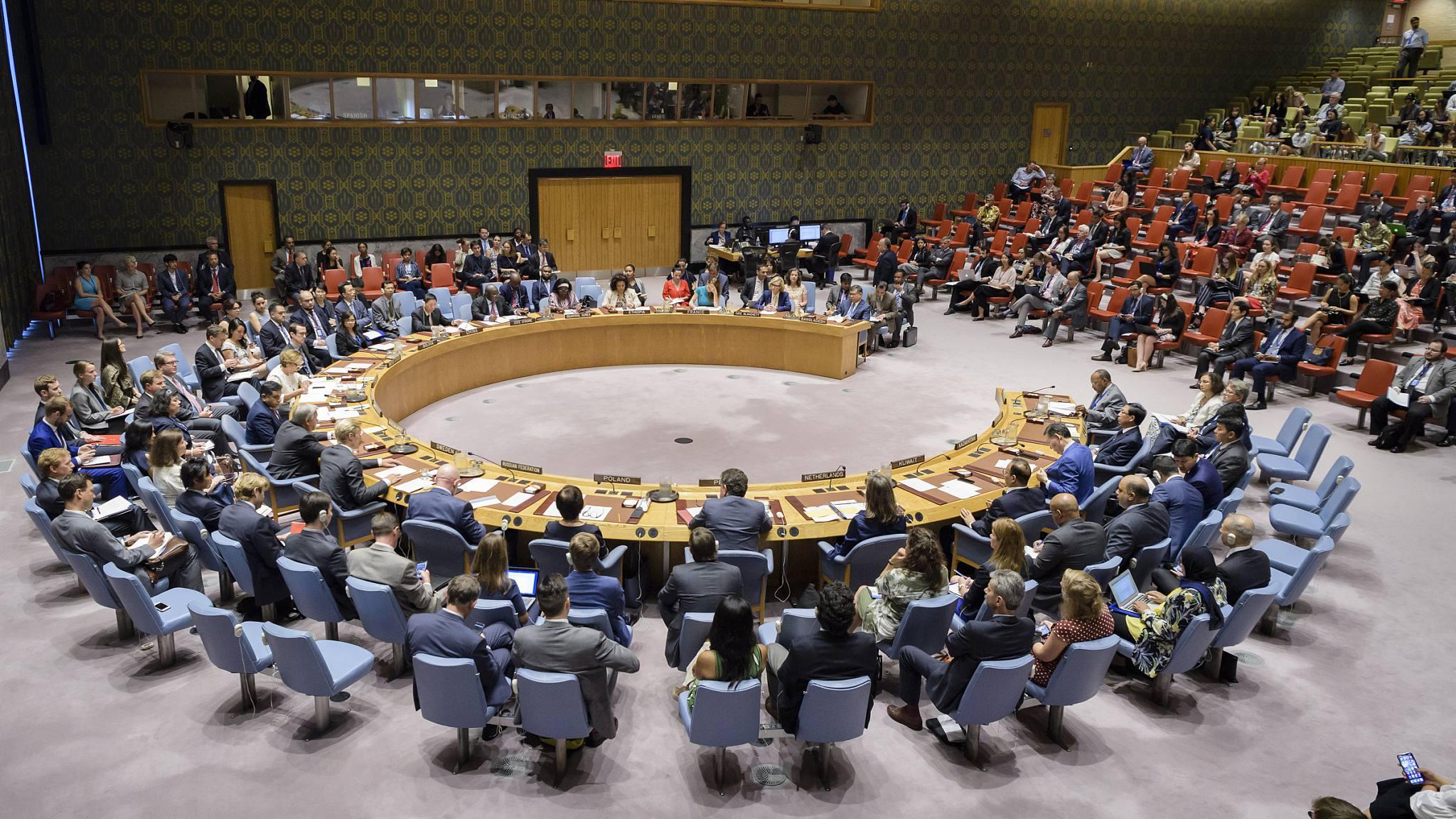NEW YORK CITY, Aug. 28 (CGTN) -- Myanmar on Wednesday rejected the findings of a UN report alleging genocide by its military against the Rohingya, hours after the UN Security Council met to discuss the humanitarian crisis in the country.
The government spokesman Zaw Htay said Myanmar didn't allow the FFM (the UN Fact-Finding Mission) to enter into the country, and that's why the government didn't agree and accept any resolutions made by the Human Rights Council.
The UN released a report a Monday and called for Myanmar officials to face genocide charges over their campaign against Rohingya.
UN investigators called on the Security Council to refer the Myanmar situation to the International Criminal Court in The Hague, or to create an ad hoc international criminal tribunal. The military carried out mass killings and gang rapes with "genocidal intent" and the commander-in-chief and five generals should be prosecuted, investigators said.
It is the first explicit UN call for Myanmar officials to be brought before international justice for orchestrating the repression of the country's Rohingya minority.
During the Security Council session late Tuesday, the US led the call for the perpetrators to be brought before an international tribunal.
The US Ambassador to the United Nations Nikki Haley said findings of a US State Department investigation into Myanmar's Rohingya crisis are "consistent" with those of the report by UN investigators.
"The facts of the ethnic cleansing of the Rohingya must be said, and they must be heard," Haley said.
Other countries including Britain, France, Kuwait, the Netherlands and Sweden, joined the call for a mechanism to "collect and preserve proof" of abuses.
China and Russia urged dialogue to resolve the crisis. China's deputy UN Ambassador Wu Haitao said that "unilateral criticism or exerting pressure" was not helpful in resolving the Rohingya issue.
Zaw Htay told reporters the Myanmar government had formed Myanmar's own Independent Commission of Enquiry to respond to "false allegations made by the UN agencies and other international communities".
Speaking at the Security Council, United Nations Secretary-General Antonio Guterres said the UN report deserved serious consideration and that accountability was essential for genuine reconciliation between ethnic groups in Myanmar.
He also said the international humanitarian appeal for the Rohingya crisis "remains significantly underfunded at 33 percent."
Referring to the refugee emergency as "one of the world's worst humanitarian and human rights crisis," Guterres urged a global response and called on the Security Council members to press the Myanmar authorities to cooperate with the UN in refugee settlement.
"Conditions are not yet met for the safe, voluntary, dignified and sustainable return of Rohingya refugees to their places of origin or choice," the UN chief said. "Access is critical to meet the enormous needs, and to allay the fears of refugees who would like to return home," he said.
